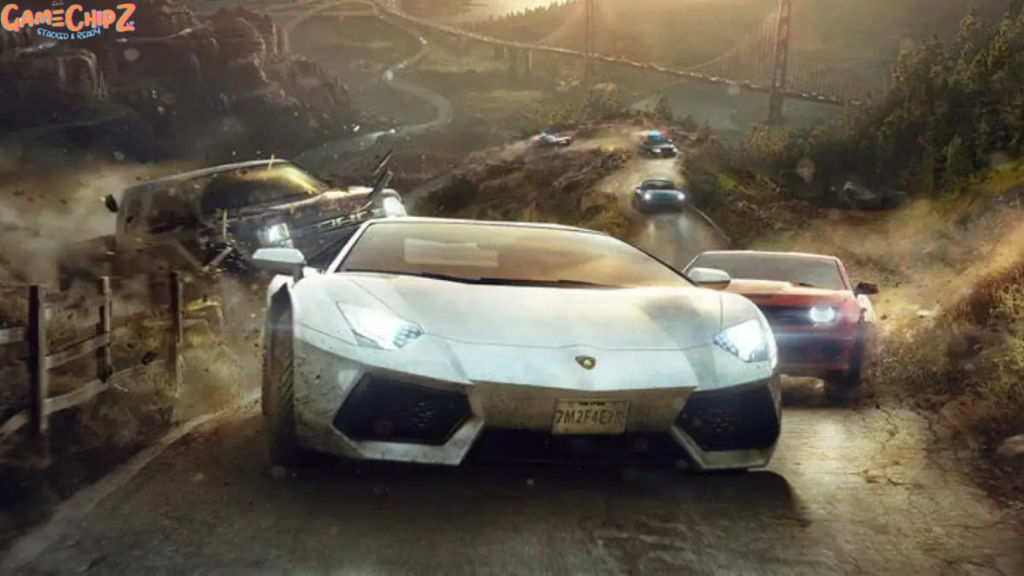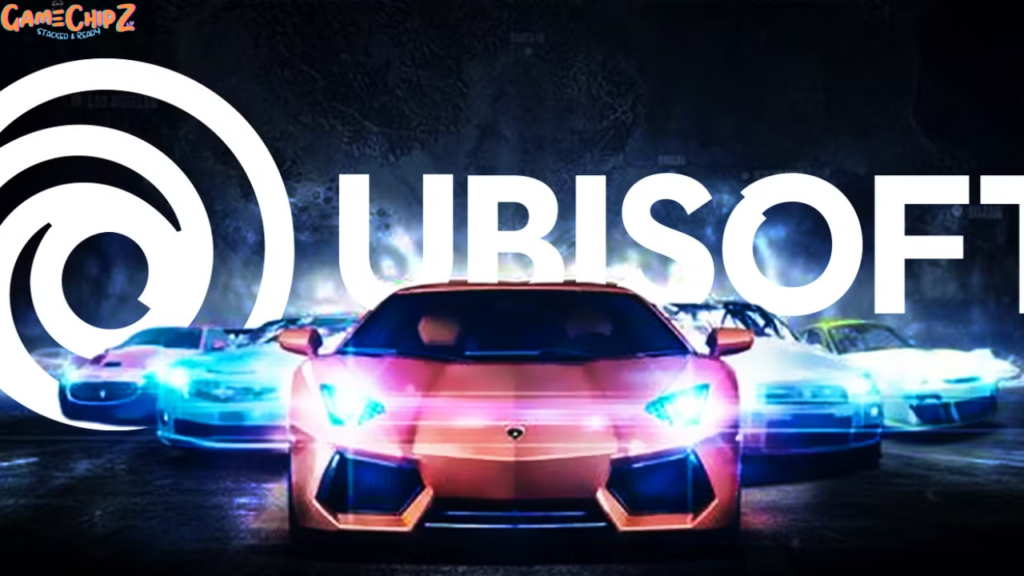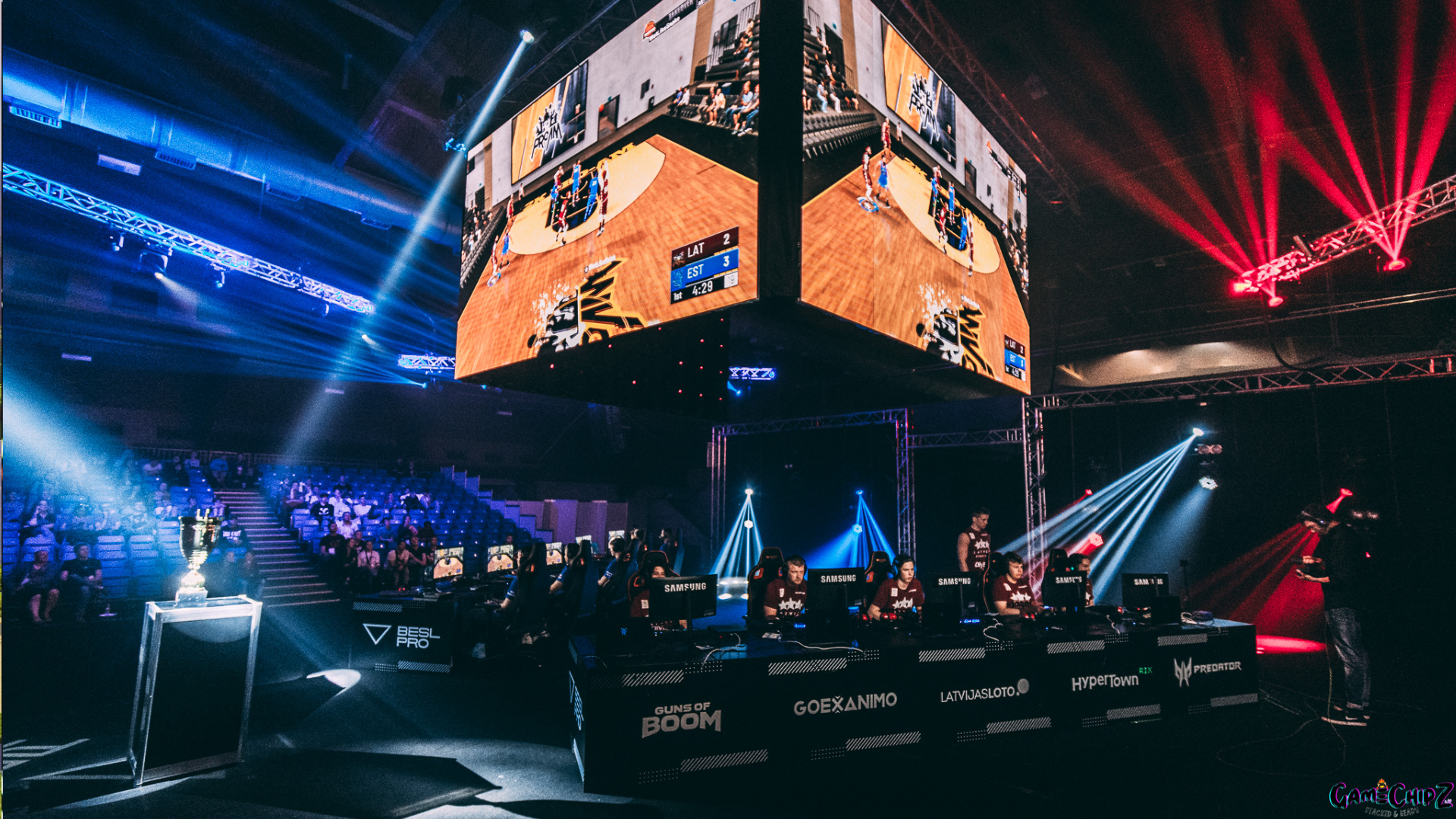The Bad Dragon lawsuit has become a hot topic in the gaming community, sparking widespread debate over Ubisoft’s controversial decision to shut down its popular open-world racing game, The Crew. Known for its immersive gameplay and loyal fanbase, The Crew was unceremoniously deleted, leaving players outraged and raising questions about digital ownership in the modern gaming era. As Ubisoft faces legal action tied to the Bad Dragon lawsuit, the gaming giant is under fire not just for its decision but also for how it communicated—or failed to communicate—with its player base. This legal battle shines a spotlight on the consequences of Ubisoft deleting The Crew, a move that has implications far beyond one game.
Background of The Crew

Released in 2014, The Crew quickly became a standout in Ubisoft’s portfolio, offering an expansive open-world map that allowed players to traverse a scaled-down version of the United States. Praised for its innovative multiplayer mechanics, the game fostered a strong sense of community among players who formed virtual car clubs and took part in thrilling online challenges. Its sequel, The Crew 2, built on this success, solidifying the franchise’s place in Ubisoft’s lineup.
However, despite its popularity, Ubisoft announced plans to shut down The Crew servers, sparking an outcry from its dedicated fanbase. The abrupt nature of this decision left players questioning Ubisoft’s commitment to maintaining its games. This frustration eventually culminated in the now-infamous Bad Dragon lawsuit, a legal challenge that could set a precedent for how gaming companies handle the digital rights of their users.
Ubisoft’s Actions: Deleting The Crew
The controversy surrounding Ubisoft deleting The Crew stems from the abruptness of the decision and the lack of a clear explanation from the company. While server shutdowns for older games are not uncommon, the way Ubisoft handled the situation left many players feeling blindsided. Loyal fans of The Crew argue that they were not given sufficient notice or alternative solutions, such as offline gameplay modes, to continue enjoying the game they invested in.
Ubisoft justified the shutdown as part of its strategy to focus on newer titles and streamline resources. However, this explanation did little to appease the community. Many players felt abandoned, highlighting the challenges of relying on online-only games where servers act as the lifeline. For those affected, Ubisoft deleting The Crew was more than just the end of a game—it was a betrayal of trust that underscored the fragile nature of digital content ownership.
This misstep by Ubisoft fueled the Bad Dragon lawsuit, which argues that the company’s actions were not only unjust but also potentially unlawful. As the gaming community watches the case unfold, Ubisoft faces mounting pressure to address the deeper concerns raised by this incident.
Legal Implications for Ubisoft

The Bad Dragon lawsuit represents a significant legal challenge for Ubisoft, as it touches on uncharted territory regarding digital ownership and consumer rights. At the heart of the case is whether gaming companies have the right to unilaterally shut down services without providing alternatives or compensation to players who invested in their products.
For Ubisoft, the stakes are high. If the court rules in favor of the plaintiffs, it could force the company—and others in the gaming industry—to rethink their approach to online game lifecycles. The lawsuit also raises questions about transparency and accountability, with claims that Ubisoft deleting The Crew violated the trust of its consumer base.
Moreover, a decision against Ubisoft could set a legal precedent that compels developers to provide clearer terms of service, longer support periods, or even refunds when games are discontinued. This could fundamentally reshape how publishers manage their online ecosystems, adding layers of responsibility and financial obligation.
As the Bad Dragon lawsuit progresses, it has the potential to become a landmark case in gaming law. With the gaming community and legal experts closely following the proceedings, Ubisoft’s actions—and their consequences—will likely influence the industry for years to come.
Community Outrage and Industry Backlash
The fallout from Ubisoft deleting The Crew has sparked widespread outrage within the gaming community. Fans who spent years building their in-game progress and forming connections with other players were devastated by the sudden shutdown. Social media platforms, gaming forums, and YouTube channels became flooded with criticism, with many calling Ubisoft’s actions a blatant disregard for its loyal player base.
The Bad Dragon lawsuit has only amplified this backlash, serving as a rallying cry for players demanding greater accountability from game developers. Hashtags like #SaveTheCrew and #BadDragonLawsuit have trended online, reflecting the collective frustration over what many perceive as Ubisoft’s mismanagement.
This controversy has also drawn attention from industry analysts, who warn that mishandling situations like this can have lasting repercussions for a company’s reputation. Competitors have taken note, with some developers using this as an opportunity to highlight their own commitment to long-term game support.
For Ubisoft, the backlash extends beyond The Crew. It underscores the growing demand for gaming companies to treat their player communities with respect and transparency. The Bad Dragon lawsuit could signal a turning point, compelling developers to rethink their practices to avoid alienating their audiences.
What Happens Next?

As the Bad Dragon lawsuit unfolds, the gaming community and industry leaders alike are closely watching for potential outcomes. Ubisoft’s response to the lawsuit will likely determine not only the future of The Crew but also how publishers handle server shutdowns and game discontinuations moving forward.
One possible scenario is a settlement, where Ubisoft might offer compensation or alternative solutions to appease the plaintiffs. However, if the case goes to court, it could result in a landmark ruling that establishes new legal standards for digital ownership. Should the plaintiffs succeed, companies may be required to implement measures such as extended server lifespans, offline play options, or financial reimbursements for affected players.
For players, the lawsuit represents a pivotal moment in advocating for greater rights in the gaming ecosystem. For Ubisoft, it’s a critical test of how well they can navigate the backlash while preserving their brand reputation. The controversy surrounding Ubisoft deleting The Crew and the subsequent legal challenges highlight the urgent need for clearer policies and better communication between developers and their communities.
As the legal proceedings continue, one thing is certain: the Bad Dragon lawsuit will leave a lasting impact, not just on Ubisoft but on the entire gaming industry. Whether it leads to meaningful change or becomes a cautionary tale of corporate missteps remains to be seen.
Lessons for Gamers and Developers
The Bad Dragon lawsuit serves as a wake-up call for both players and game developers, highlighting the fragile nature of digital ownership in an industry increasingly reliant on online services. For gamers, the shutdown of The Crew is a sobering reminder to scrutinize terms of service and consider the risks of investing in games that depend on server availability. Building awareness of these issues can help players make more informed decisions about their purchases and engagement with digital platforms.
For developers like Ubisoft, the controversy underscores the importance of transparency and community trust. Decisions like Ubisoft deleting The Crew should involve clear communication, advance notice, and contingency plans to ensure players don’t feel abandoned. Offering solutions such as offline modes or migration options could mitigate backlash and preserve goodwill.
The lawsuit also spotlights the need for industry-wide standards regarding game shutdowns. As gaming continues to evolve, developers must adapt their practices to align with consumer expectations, ensuring a fair balance between innovation and responsibility. The Bad Dragon lawsuit is not just a challenge to Ubisoft but a call for change in how the gaming industry approaches its relationship with players.
By learning from this case, both gamers and developers can work toward a future where digital gaming experiences are more reliable, transparent, and respectful of the communities they serve.
Conclusion
The Bad Dragon lawsuit against Ubisoft has thrust the gaming industry into the spotlight, raising critical questions about digital ownership, consumer rights, and the responsibilities of developers. The backlash from Ubisoft deleting The Crew reflects the deep frustration among players who feel their investments in time and money were disregarded.
As the lawsuit progresses, its outcome could reshape how gaming companies manage server-dependent titles, potentially setting new legal and ethical standards. For Ubisoft, this controversy is a stark reminder of the power of community trust and the consequences of neglecting it.
Ultimately, the Bad Dragon lawsuit is more than just a legal battle—it’s a turning point for gamers and developers alike. It challenges the industry to evolve, fostering a future where transparency, accountability, and respect for players become the foundation of gaming experiences. The stakes are high, and the gaming world waits to see if this case will lead to meaningful change or become yet another cautionary tale.
FAQ
What is the Bad Dragon lawsuit?
The Bad Dragon lawsuit refers to legal action taken against Ubisoft by disgruntled players following the company’s decision to shut down The Crew. The lawsuit centers on claims of consumer rights violations and raises questions about digital ownership and transparency in the gaming industry.
Why did Ubisoft delete The Crew?
Ubisoft stated that the decision to shut down The Crew servers was part of a broader effort to allocate resources toward newer projects. However, this explanation did not satisfy the game’s community, as many felt the shutdown was abrupt and lacked proper alternatives for players.
What are the potential outcomes of the lawsuit?
If the plaintiffs succeed, the lawsuit could set a legal precedent for how gaming companies handle server shutdowns and digital rights. Ubisoft might be required to provide compensation, offer alternative solutions, or even reinstate the servers. A settlement is also possible, which could address some of the players’ grievances without going to court.
How does this lawsuit impact the gaming industry?
The Bad Dragon lawsuit highlights the need for clearer policies regarding online games and server dependencies. It could push the industry toward implementing better practices, such as advanced notice for server shutdowns, offline mode options, and more transparent terms of service.


